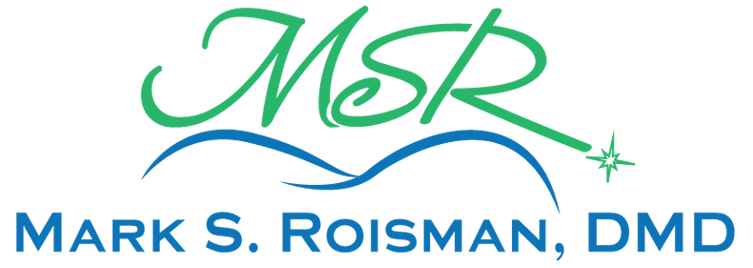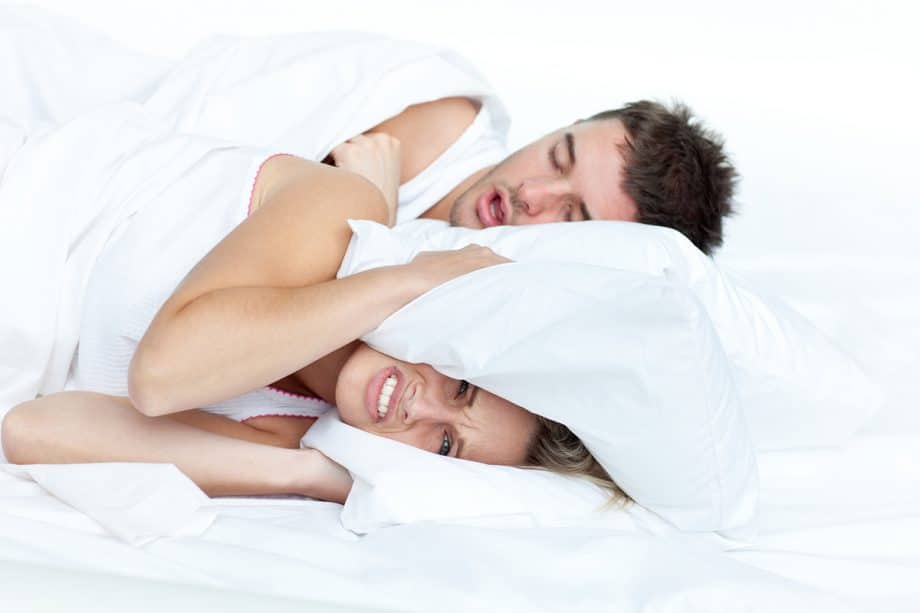Sleep apnea is a condition that affects millions of people. However, many aren't aware that they have the condition or how it can affect them if left untreated.
What is Sleep Apnea?
Sleep apnea is a disorder that disrupts breathing during sleep due to complete or partial blockage of the airway.
The disorder occurs when the muscles around the airway relax and collapse during sleep, blocking the airway. This can lead to shallow breathing, snoring, or gasping.
Sleep apnea reduces sleep quality and has several causes, including:
- Large tonsils or adenoids
- Being overweight or obese
- Atherosclerosis (hardening of the arteries)
- Age (if you're older than 60, you have a higher chance of developing obstructive sleep apnea)
Sleep Apnea Symptoms
A person with sleep apnea may snore loudly, feel tired during the day, have difficulty concentrating, or suffer from headaches or depression.
Although sleep apnea is more common among people who are overweight (particularly if they carry their weight in their neck and abdomen), it can also affect people of average weight.
Sleep Apnea Symptoms:
- Chronic snoring. If you're told you snore by your partner or roommate, it could be a sign of sleep apnea.
- Morning headaches. Sleep apnea causes frequent bouts of interrupted breathing during the night, which can cause headaches or migraines in the morning.
- Fatigue. If you feel tired during the day, even after getting enough sleep at night, it could be a sign of sleep apnea. People with sleep apnea often have trouble falling asleep.
- Heartburn and acid reflux. These occur due to elevated carbon dioxide levels in the stomach from shallow breathing.
How is Sleep Apnea Diagnosed?
It may take a combination of tests to confirm that you have sleep apnea because other possible causes of sleep problems must first be ruled out.
Diagnosis often begins with a complete medical history and physical examination by a sleep specialist. Specific tests may be necessary to make an accurate diagnosis.
Polysomnography (PSG) records brain waves, muscle activity, breathing patterns, and eye movement during sleep. A PSG allows your doctor to objectively measure your breathing pattern and determine how often you experience periods when breathing stops. The PSG also helps determine if the cessation of breathing is associated with pauses in your heartbeat. Other diagnostic tests, such as an electroencephalogram (EEG) or an electromyogram (EMG), may be done during the PSG.
Treatment Options
Treatments for sleep apnea include lifestyle changes and surgery, but effective non-surgical treatments are available. Common non-surgical sleep apnea treatments include:
Continuous Positive Airway Pressure (CPAP)
CPAP treatment is standard for sleep apnea patients because it works for mild and moderate forms of the disorder. With CPAP treatment, a machine delivers air through a mask that covers your nose to help keep your airways open as you move in and out of sleep.
Although CPAP is an effective sleep apnea treatment, some patients find the machine difficult to sleep with and inconvenient.
Dental Appliances
Oral appliance therapy is an effective sleep apnea treatment, improving many patients' sleep and quality of life. Oral appliances can also enhance the effects of other sleep apnea treatments.
Oral appliances are devices fitted to the teeth, similar to night guards. Dr. Roisman can create a custom-made oral appliance for you using a model taken from your mouth.
The goal of oral appliance therapy is to reposition your jaw slightly forward and close off your tongue from the back of your throat while you sleep. This reduces the likelihood of soft tissues blocking the airway. Most patients easily adjust to sleeping with the device.
Do You Think You May Have Sleep Apnea?
If you suspect you have sleep apnea, we can help. Contact us today at 203-227-6338 to book a consultation with Dr. Roisman.

